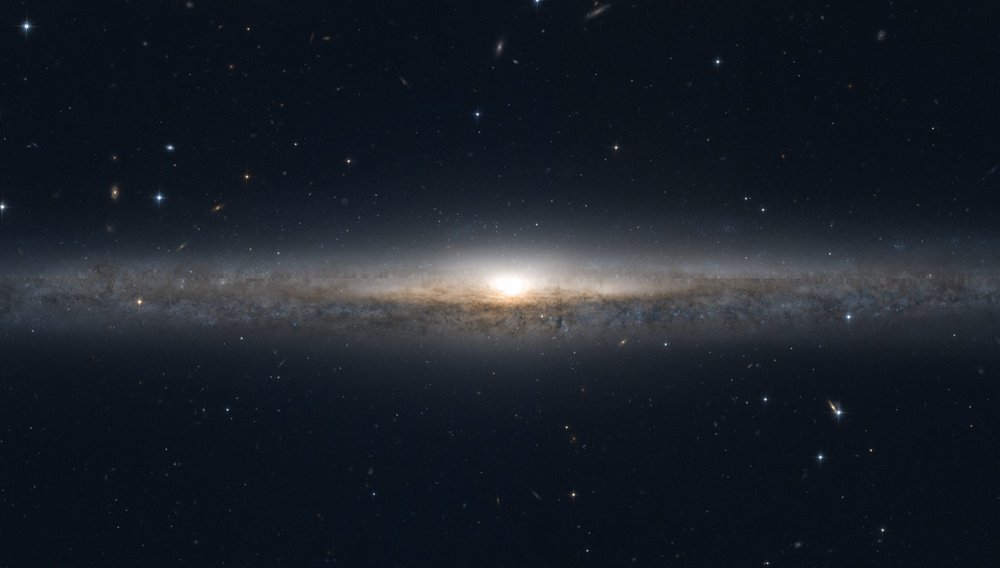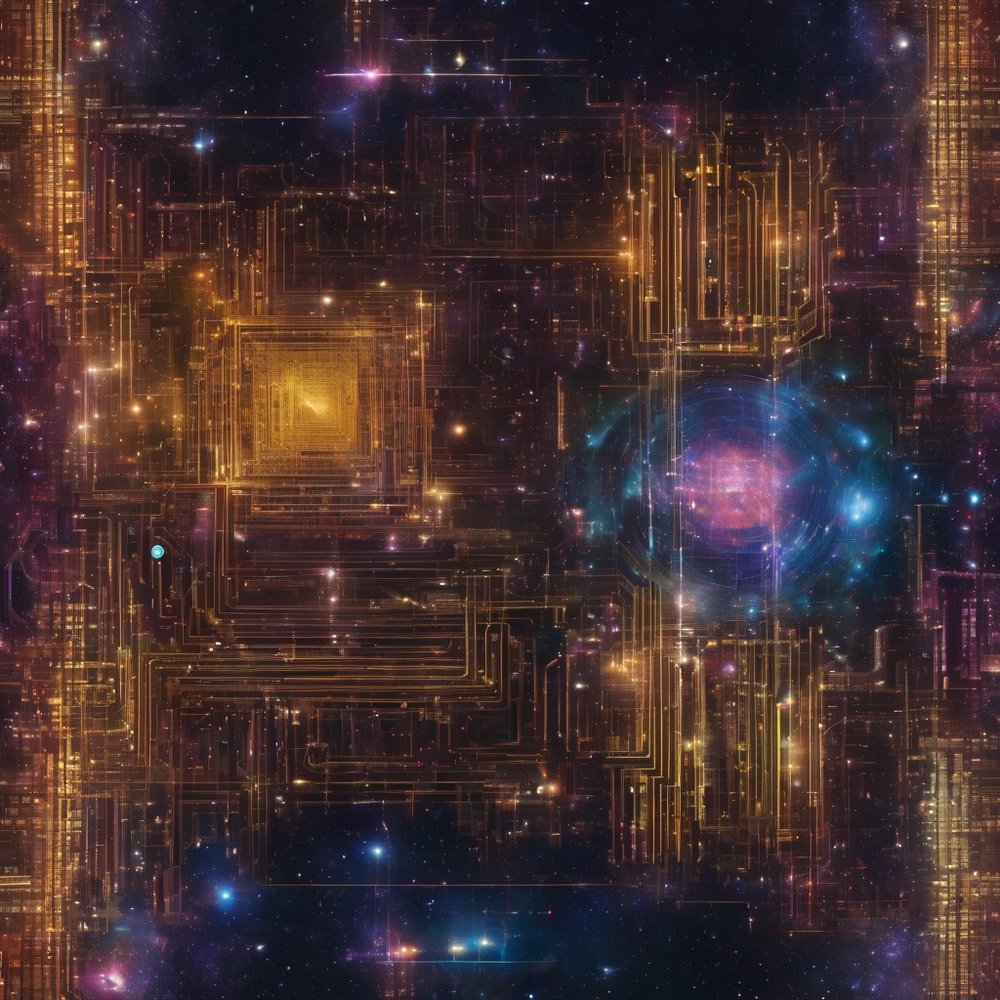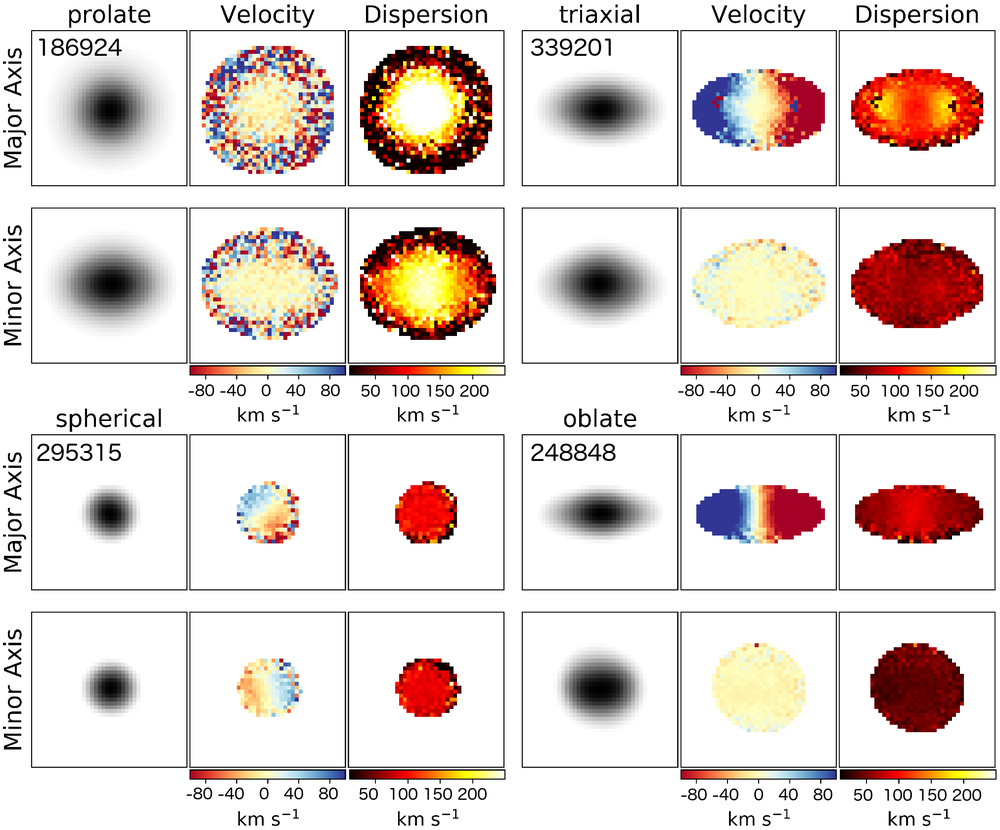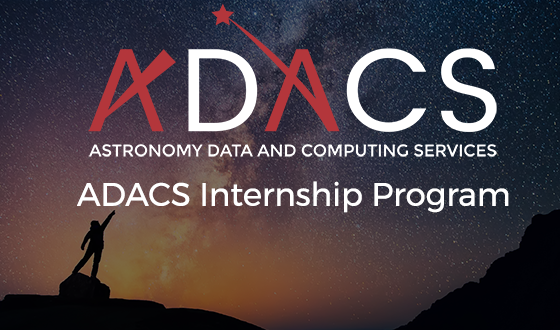
My internship began in August 2023, a month after my Ph.D. thesis submission and three months before the start of my postdoc position. My goal was to broaden my technological skills beyond scientific research and programming while still working in the astronomy sector. ADACS presented the perfect opportunity to me by offering an industry-like working experience and broadening my skillset.
My first project was to develop GitHub workflows for the radiative transfer code MCFOST. This project involved creating Linux/MacOS workflows for MCFOST installation, implementing testing processes for PyMCFOST, and publishing the module on PIP. I worked with ADACS data scientists Conrad and David and another intern Bailey Sykes. Before this project, I wasn’t fully aware that GitHub has a variety of tools for code management. Thanks to tutorials organized by Conrad and David, I delved into these GitHub features and even learned how to publish Python modules on PIP within GitHub. All the knowledge I acquired through this process is advantageous as I plan to publish the Python module I developed as part of my PhD. Moreover, Conrad and David shared their experience working as data scientists providing newfound insights into the industry.
The second project that I worked on was to develop a web version of Mapviewer, an interactive Python-based GUI tool for visualizing galaxy property distributions obtained from the GIST pipeline. The aim was to use Mapviewer on remote servers, where the large galaxy datasets made downloading difficult and personal laptops struggle with limited RAM. A web version would not only be more practical but also reduce interactivity latency. A laptop with a browser would then be sufficient to remotely access and visualize all the galaxies in the dataset. This project also resonated with my responsibilities in the data reduction group of the GECKOS survey team. It was an ideal moment to pursue it during my ADACS internship, given the presence of numerous web development experts. In the beginning, I learned a bit about Django, but later I switched to Dash-Ploty, which made it easier to develop web frames for data visualization using Python only. At the end of the internship, the web tool was successfully completed, and will soon be published on GitHub.
The experience of interning at ADACS was truly enriching. It provided me with a taste of industry-like work while maintaining a strong connection to astronomy, which I found immensely rewarding. Assisting individuals in resolving challenges and contributing to the development of tools for the community brought me a deep sense of satisfaction. The friendly atmosphere and amiable colleagues at ADACS created a positive working environment. I wholeheartedly recommend this internship as a memorable and valuable journey. I am confident that the skills and experiences gained during this internship will prove to be enduring assets in my career.

Check out some of other internship projects.


